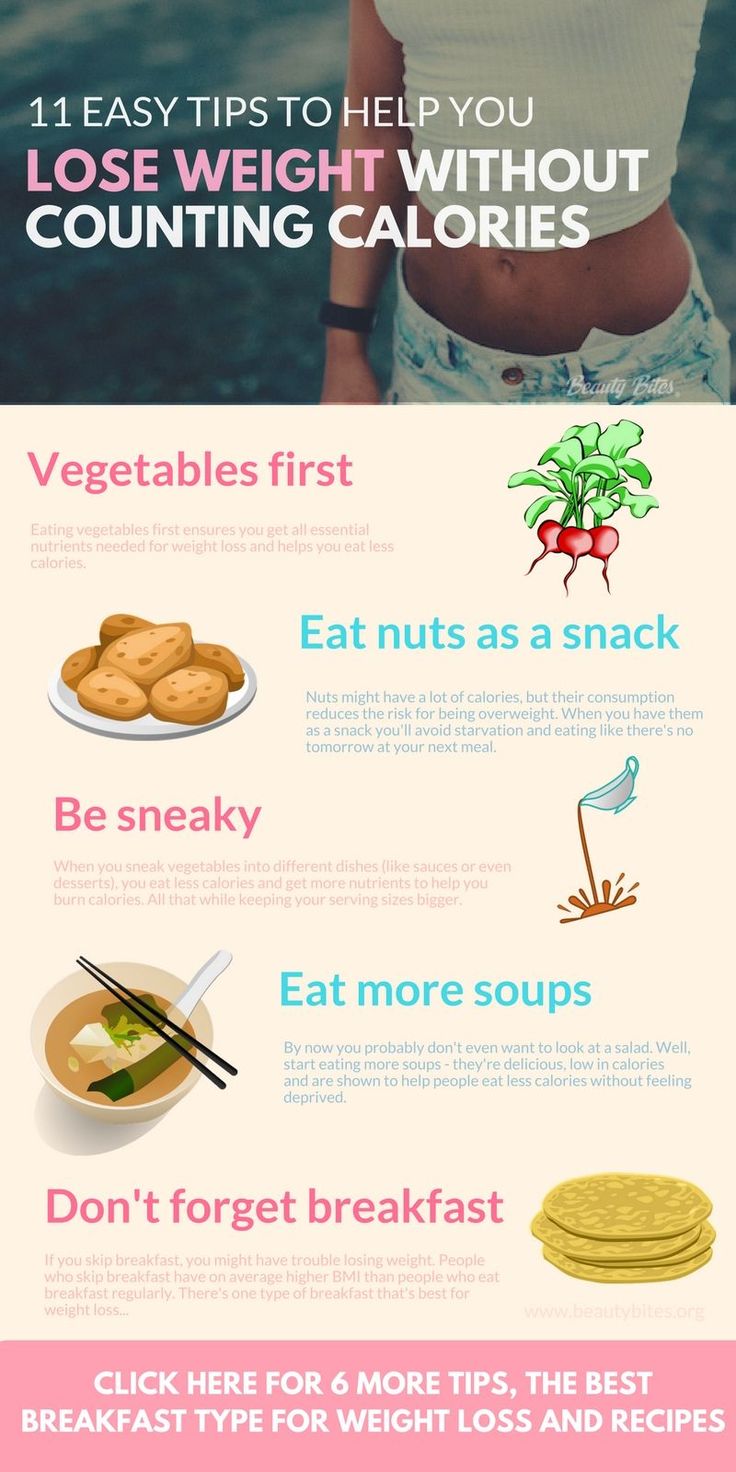
A specific diet plan is one of the best ways to lose weight quickly. You'll want to limit sodium, eat all natural single-ingredient foods, and limit carbohydrates. This will improve your metabolism and enable you to enjoy the thermogenic effects from the foods you eat. While you can have two to three portions of whole natural carbs for breakfast, all meals should contain protein and green veggies.
Limiting sodium intake
Salt is essential to our health. But it is important that we limit our salt intake. Too much sodium can raise our blood pressure, contribute to other health problems, and increase our risk for heart disease. Too much sodium can lead to food spoilage. Additionally, sodium can cause weight loss by causing our bodies to retain water. Limit your salt intake to reduce your risk.
Taking a Epsom salt bath
One of Elle McPherson’s trainers claimed that Epsom salts are the key to her body's health. James Duigan, a well-being expert, claims Epsom salts can help you lose body fat. But is this really possible? You can read on to learn more about the remedy. Take an Epsom Salt Bath is not a diet.
Fasting
Fasting can help to lose a few pounds or inches depending on the size of your body. Some people who fast experience an increase their energy and brain function. Before you begin a weight-loss program, make sure your mind, body, soul, and soul are in sync. For five days, a modified fast involves two cups of greens and olive oil along with a handful almonds.

Night fasting
Fasting at night allows your body to take advantage of its natural active rest cycles. It is best to fast for at least 12 hours and start your nighttime fast 3 hours before you go to sleep. Body fat and sugar are the main sources of energy for your body. Sugar is much easier to burn than muscle. Therefore, the body stores it in muscles, liver, and blood. These energy sources are used by the body when it runs out.
FAQ
Can intermittent fasting interfere with my sleep?
Intermittent fasting can affect your sleep. When you skip meals, your hunger hormones increase. This can lead to you waking up early in the morning.
Experts recommend skipping breakfast. Instead, they suggest having a light snack before bedtime.
If you are still hungry after your snack, you can eat a small dinner right before you go to bed.
Don't overeat. You'll gain weight, not lose it.
What side effects can intermittent fasting have?
Intermittent fasting does not have any known side effects. Some minor issues might occur if you do not plan your meals properly.
For instance, if breakfast is skipped, you might feel uneasy all day. Other symptoms include headaches, dizziness and fatigue as well as muscle cramps.
These symptoms often disappear within a few hours.
What is the best time to do Intermittent fasting in order to lose weight
The answer is not as simple as you might think. A number of factors need to be considered when determining how many days of fasting are needed for optimal fat loss. These factors include:
-
Your age. Intermittent fasting can be difficult for young people (under 40). This is because they have less time to recover after each fast. If you are older than 60, you might find it difficult to maintain a prolonged period of daily fasting.
-
Your current body composition. You'll be most successful if you have lots of muscle mass. Shorter fasting might be more appropriate for you if you have less muscle mass.
-
How physically active you are. To ensure adequate rest between workouts, you might need to extend your fasting period if you exercise frequently.
-
Your medical history. Additional fasting monitoring may be required for certain medical conditions such as diabetes or heart disease.
-
How do you handle stress? Stress can cause us to eat more. You may need to extend your fasting times in order to avoid this problem.
-
What type of diet do you follow? Certain diets, like ketogenic diets, may require even longer fasting periods.
-
How much sleep you get. Insufficient sleep has been associated with decreased metabolism and increased appetite. You may need to experiment before you discover what works for you.
-
How much protein you eat. The ability to stabilize blood sugar levels. Eating more protein can lead to lower insulin levels. This will allow you to fast longer.
-
People who want to gain weight or lose it will need to fast for longer periods of time than those trying to lose.
-
What proportion of calories do your fasting hours allow you to consume? Fasting fewer calories per day may result in greater fat loss than fasting for more calories per day.
-
Your overall fitness. Faster people are more likely to be fit, and burn more calories during the day.
-
Your gender. Men typically have larger appetites than women, so they may need to fast for slightly longer periods of time. Women have smaller appetites than men, so they may need to fast just 20-30 minutes each day.
-
Your lifestyle. Are you someone who does a lot of exercise? Do you do a lot of exercise each week? Are you a worker who sits at a computer all day? These factors could affect how much you should fast.
-
How much money do your spend on food every day? Eating healthy foods doesn't necessarily mean spending much money on groceries. Whole grains are better than white bread and whole fruits are better than candy bars. Lean meats can also be saved.
-
It is vital that you control your hunger. You may not have to fast as often if it is important to eat regularly.
How much weight can you lose in one week?
The amount of weight you can lose depends on your current body fat percentage. It is important to first calculate how much weight you wish to lose. Then, determine your BMI. Your BMI will tell you how much weight to lose. If your BMI is 25 or greater, you're overweight. If your BMI is 30 or higher, you're obese.
For example, if 200 pounds is your BMI, it would be 28.7. To reach a healthy weight, you would need to lose 70 pounds. To see if you're overweight, visit www.healthyminds.com/bmi/.
Once you know your BMI, you can use this formula to figure out how many pounds you'll lose per week:
(Your Goal Weight - Current Weight)/BMI * 7 Number Of Pounds Lost Per Week
For 50 pounds to be lost in one month, it would take 2 weeks of exercise. 56 days is equivalent to 7 pounds per day. This works out to 8.3 lbs per week.
You could also try this calculator from www.weightlosscalculator.net. This calculator gives you an estimate of how many calories are needed to lose 1 pound per day.
Why lose weight before you reach 40 years old?
For people over 40, maintaining good health and fitness are essential. It is crucial to find ways that you can stay fit throughout your entire life. This includes regular exercise, eating well, not smoking, and drinking moderate alcohol.
It is important to recognize that our bodies change as we age. Our bones get weaker and our muscles become smaller. It is possible to slow down the process of aging by taking good care of ourselves.
There are many benefits to staying healthy and fit as we age. These include:
-
Better sleep
-
Improved moods
-
Increased energy levels
-
Lower chance of developing cancer
-
A longer life
-
More independence
-
More sex
-
Greater memory
-
Improved concentration
-
Greater circulation
-
Stronger immune system
-
Fewer aches & pains
What can I eat while on intermittent fasting in order to lose weight?
To lose weight, the best thing to do is cut back on carbs. This means avoiding bread, pasta, rice and potatoes as well as other carbohydrate-based foods.
It is important to eat less protein, as it will keep you fuller longer. So you won’t feel hungry as often.
Focus instead on healthy fats such as avocado, olive oil, nuts, seeds, and peanut butter. These foods can keep you satisfied for hours after they are eaten.
It's vital that you get enough water. Water helps you stay hydrated, which makes it easier to burn fat.
Sometimes you may feel compelled to eat these foods even if you're not fasting. However, you don't have the right to succumb to these cravings. If you do that, you may gain more weight then you lose.
You can avoid overeating by being mindful of how much water you consume each day. Instead of reaching for another snack, sip a glass of water when you feel hungry.
This may seem counterintuitive. However, it's been shown to help you slim down. A study published online in Obesity revealed that people drank more plain water than they did sugary drinks.
Drinking plain water also reduced hunger. So if you really want to lose weight, skip the sweetened beverages and stick to water.
Weight loss doesn't require you to restrict your intake of calories or eat less. Focus instead on small changes in your lifestyle.
For example, you can start by swapping your usual breakfast sandwich for a bowl of oatmeal. You can also swap out your afternoon cookie for a piece fruit.
These easy changes can help you lose weight and keep your kitchen clean.
Statistics
- One study in 9 active men found that HIIT burned 25–30% more calories per minute than other types of exercises, including weight training, cycling, and running on a treadmill (18Trusted Source (healthline.com)
- It's estimated that half of all American adults attempt to lose weight every year (1Trusted (healthline.com)
- According to a study sponsored by the American Council on Exercise, a person weighing around 140 pounds (64 kg) would burn 108 calories at a 30-minute beginner's Pilates class or 168 calories at an advanced class of the same duration (26). (healthline.com)
- Another study found that 24 weeks of weight training led to a 9% increase in metabolic rate among men, which equated to burning approximately 140 more calories per day. (healthline.com)
External Links
How To
How do I lose belly fat fast?
You need to realize that losing belly fat can be difficult. It takes hard work and dedication. However, these tips will ensure you see results.
-
Healthy Food It is essential to eat healthy food. Make sure you eat whole foods, fruits, vegetables.
-
Drink Water. Drinking water will keep you hydrated and make it easier to feel satisfied for longer durations. Make sure you drink lots of water every day.
-
Cardio exercises. Cardio exercises are great for building muscle mass and helping you burn more calories. They improve heart health and metabolism. Do 30 minutes of cardio exercise each day.
-
Get enough sleep. Sleep is crucial for maintaining good health. Insufficient sleep can cause anxiety and stress which can lead to unhealthy eating habits such as smoking and excessive drinking.
-
Stress levels can be reduced. Stress affects our brain chemistry and hormonal levels. When we are stressed, our bodies produce cortisol, a hormone that increases hunger pangs and cravings for high-calorie foods.
-
Take regular breaks. Regular breaks are important throughout the day. Get out and take a stroll or a brief nap. Doing so will give your mind and body the time they need to unwind and recover.
-
Avoid Alcohol Consumption. Alcohol has empty calories, and can slow down digestion. If you're trying to lose belly fat, drinking alcohol should be avoided as much as possible.
-
Have Fun!